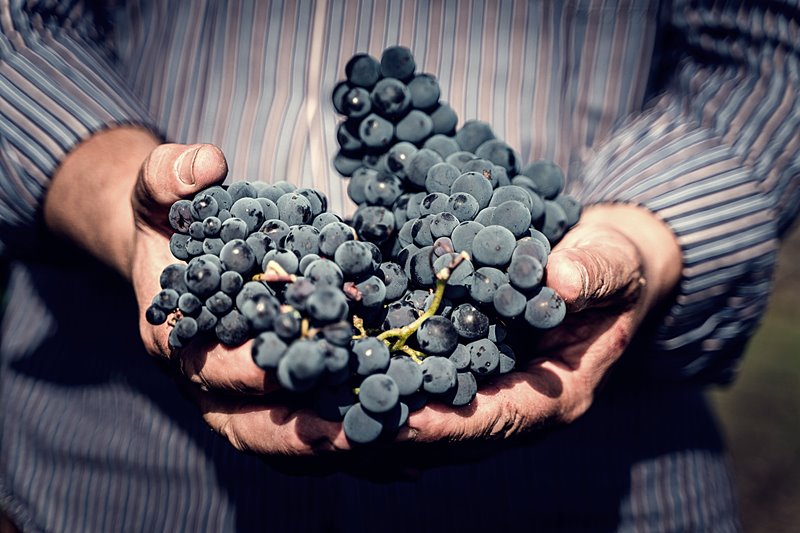Piwi Grapes: from genetic research to award-winning wines
Global experts discuss piwi grape varieties
2023-12-14

In a recent seminar organized in Italy by the Fondazione Mach, a significant focus was placed on the latest advancements in Piwi grape varieties. This event gathered global experts in viticulture and oenology, including Prof. Reinhard Töpfer, director of the Julius Kühn Institute in Geilweilerhof, Prof. Philippe Darriet, professor of oenology at the University of Bordeaux and director of the Institute of Vine and Wine Science, and Marco Stefanini, head of the Vine Genetics and Breeding Unit at the Fondazione Edmund Mach.
Prof. Reinhard Töpfer took attendees through a comprehensive review of the history and spread of Piwi varieties in Germany. He emphasized the ongoing research into new resistant varieties and secondary fungal resistance sources. In Germany, Piwi varieties cover about 3% of the viticultural area, with an expanding cultivation of both white and red grape varieties. Töpfer highlighted the importance of selecting the best variety for different environmental conditions.
French Perspectives on Resistant Vines
Prof. Philippe Darriet, from the University of Bordeaux, shared insights into the status of resistant vines in France. After a historical overview of the motivations behind developing resistant varieties, Darriet discussed the current situation in France and the future challenges of these vines, particularly concerning the durability of resistance and sensory quality.
Italian Advances in Genetic Improvement
Marco Stefanini from the Fondazione Edmund Mach detailed Italy's efforts in vine genetic improvement, particularly in resistant varieties. He described both the registered varieties and those expected in the near future. Stefanini presented results from pyramid breeding, identified markers used in selecting resistance to black rot, and outlined national and international collaborations in the development, selection, and dissemination of these resistant varieties, aiming for more sustainable viticulture and winemaking.
Celebration of Resistant Grape Wines
The seminar concluded with an award ceremony for the third edition of a competition featuring wines made from "resistant" grapes, defined as wines produced with at least 95% Piwi (PilzWiderstandsfähig) variety grapes. The competition saw participation from 110 labels.
Wines from Piwi varieties are produced using grapes from plants selected for their resistance to major fungal diseases affecting vines, thereby requiring fewer phytopharmaceutical interventions.
FEM's Contribution to Tolerant Variety Research
FEM highlighted its research and experimentation activities on tolerant varieties, which have led to the registration of four new selections in the National Register of Grape Varieties through collaboration with the CIVIT consortium: Termantis, Nermantis, Charvir, and Valnosia. The VEVIR project recently demonstrated the suitability of these varieties for cultivation in Trentino, alongside other varieties like Solaris, Souvignier gris, Bronner, Palma, Johanniter, and Pinot Regina.
This seminar not only showcased the scientific community's dedication to advancing Piwi grape varieties but also underscored the importance of sustainable practices in viticulture and winemaking. As the world grapples with environmental challenges, the development of disease-resistant grape varieties offers a promising path forward for the wine industry.
Founded in 2007, Vinetur® is a registered trademark of VGSC S.L. with a long history in the wine industry.
VGSC, S.L. with VAT number B70255591 is a spanish company legally registered in the Commercial Register of the city of Santiago de Compostela, with registration number: Bulletin 181, Reference 356049 in Volume 13, Page 107, Section 6, Sheet 45028, Entry 2.
Email: [email protected]
Headquarters and offices located in Vilagarcia de Arousa, Spain.